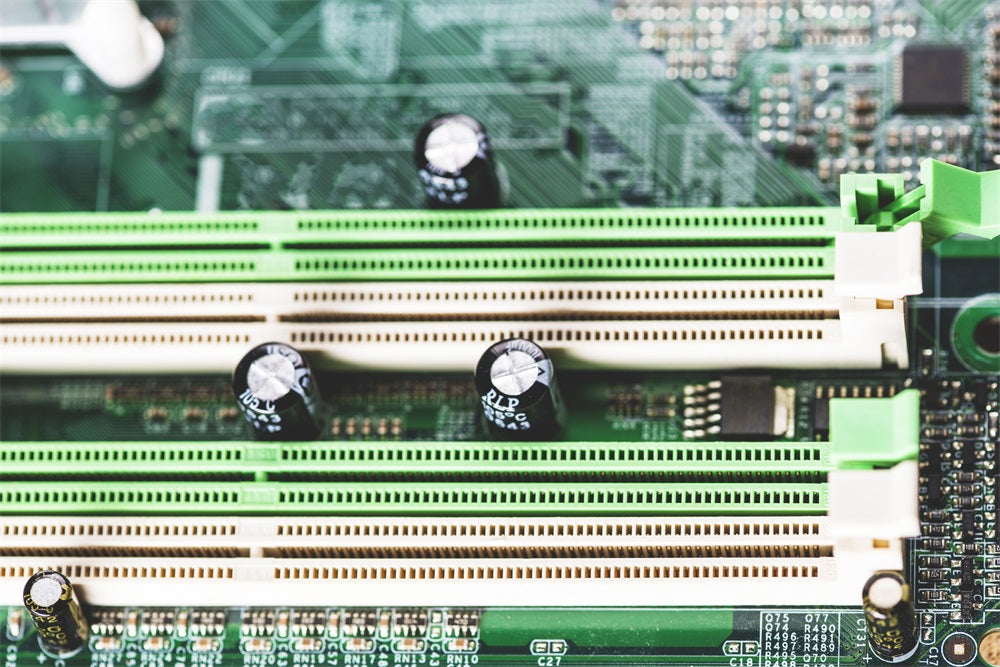The internal combustion engine has been around for over a century, but modern cars are a far cry from the sputtering, hand-cranked machines of the past. This transformation is largely thanks to a tiny but powerful component – the Engine Control Unit (ECU), also known as the car's "brain."
The ECU plays a critical role in regulating nearly every aspect of your engine's operation, from optimizing fuel efficiency to ensuring smooth performance and minimizing emissions. But what exactly does this little box do, and how does it keep your car running like a well-oiled machine?
Inside the ECU:
Imagine a complex network of sensors constantly feeding information about your engine's health to the ECU. These sensors monitor vital aspects like:
- Airflow: How much air is entering the engine?
- Temperature: What's the temperature of the engine coolant and intake air?
- Oxygen Levels: How much unburned oxygen is present in the exhaust?
- Throttle Position: How far is the gas pedal pressed?
- RPM: How fast is the engine rotating?
The ECU receives this real-time data and compares it to pre-programmed parameters stored in its memory. Using this information, the ECU makes split-second decisions to control various engine functions through actuators, such as:
By precisely controlling these elements, the ECU ensures your engine runs efficiently, cleanly, and delivers the power you demand.
The Benefits of an ECU:
Modern ECUs offer a multitude of advantages over their mechanical predecessors:
- Improved Performance: Precise control over fuel delivery and spark timing leads to smoother acceleration and better overall engine responsiveness.
- Enhanced Fuel Economy: By optimizing engine operation, ECUs can significantly improve gas mileage, saving you money at the pump.
- Reduced Emissions: The ECU plays a crucial role in minimizing harmful pollutants released by the engine, contributing to cleaner air.
- Advanced Diagnostics: Modern ECUs can store diagnostic trouble codes (DTCs) that pinpoint potential problems, aiding mechanics in identifying and resolving issues efficiently.
The Future of ECUs:
The role of ECUs is only going to expand in future vehicles. As cars become more sophisticated, with features like hybrid and electric powertrains, autonomous driving capabilities, and advanced engine management systems, the ECU will be at the heart of it all, constantly adapting and optimizing performance for a safe, efficient, and enjoyable driving experience.
Keeping Your ECU Healthy:
Just like any other electronic component, your car's ECU can malfunction. Here are some tips to keep it running smoothly:
- Regular Maintenance: Follow your car's recommended maintenance schedule, which may include cleaning sensors or updating ECU software.
- Quality Parts: Use high-quality spark plugs, air filters, and other components recommended by your car manufacturer.
- Avoid Modifications: Modifying your engine without proper ECU adjustments can lead to problems.
By understanding the role of the ECU and taking proper care of it, you can ensure your car's "brain" functions optimally for a long and healthy lifespan on the road.

